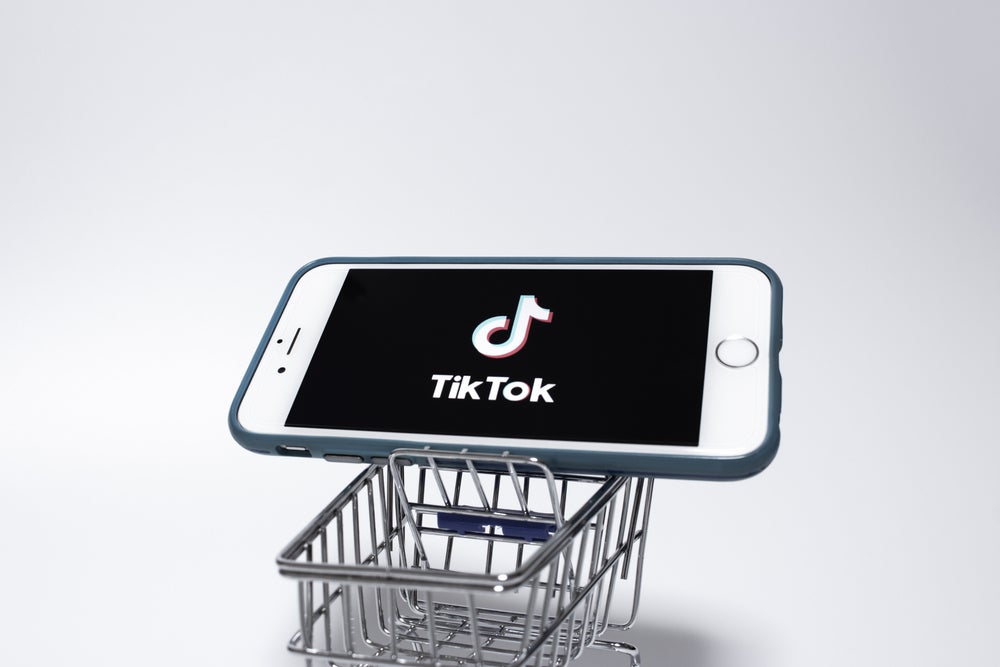In an effort to diversify, TikTok is expanding its e-commerce business.
Interestingly, its endeavour comes at a time when the company is under scrutiny over data privacy concerns in the US and Europe.
To prove itself as a legitimate e-commerce platform, TikTok must gain regulator trust and ensure the safety of user data by complying with existing laws, providing end-to-end encryption, engaging with regulators to address concerns, and ensuring transparency on how user data is collected and used.
TikTok is expanding its e-commerce business
Short video app TikTok, owned by ByteDance, is set to compete with the likes of Amazon, Shein, Sea Group’s Shopee, and Alibaba’s Lazada, with its live-streaming e-commerce business. TikTok Shop, the in-app shopping feature that allows users to discover and purchase products directly from videos, has gained popularity in the Southeast Asian market with its gross merchandise value (GMV), increasing seven-fold to $4.4bn YoY in 2022.
Banking on the success achieved in Southeast Asia, backed by its large and engaged user base, TikTok is aiming to quadruple its e-commerce business to $20bn in merchandise sales in 2023. The company is testing its new shopping feature, Trendy Beat, in the UK, which allows users to buy products that have gained popularity in trending videos. These products will be sold by a subsidiary of ByteDance.
While TikTok focuses on markets such as Indonesia, it is planning to expand its e-commerce business in the US and the UK.

US Tariffs are shifting - will you react or anticipate?
Don’t let policy changes catch you off guard. Stay proactive with real-time data and expert analysis.
By GlobalDataHowever, TikTok is already facing setbacks in the US and Europe, with lawmakers banning the app on government devices due to security concerns.
Moreover, competition in the e-commerce space (especially in the US) is incredibly intense given the scale and reach of domestic giants such as Amazon and Walmart. TikTok aims to bank on its massive user base and partnerships with brands and influencers to drive e-commerce sales. Attempting to mimic Amazon by producing in-house products and a sales pipeline, as well as charging vendors a commission to showcase products on TikTok Shop, the Chinese company will require significant investments and infrastructure to match its rivals.
TikTok is under scrutiny over data privacy concerns
TikTok is facing increased scrutiny, especially in the West, over data privacy concerns. Several countries have expressed fears that the platform may be used by the Chinese government to collect user data for political purposes. This has led to several lawmakers in Europe (including the UK, Belgium, France, Austria, and Denmark) calling for a ban on TikTok on government devices.
In the US, the state of Montana made the landmark move to ban the app completely in May 2023. Yet such bans cannot prevent TikTok or any other social media companies from accessing users’ data. A comprehensive federal data privacy law in the US will help address this challenge.
TikTok has also faced scrutiny in the UK for misusing kids’ data. In April 2023, the company was fined $16.2m (£12.7m) by the British data protection authority for illegally processing data of 1.4 million children under 13. Such breaches of data protection laws have put TikTok in the spotlight, seriously hampering its image. The company must focus on increasing its transparency around data handling to avoid any further damage.
Regulator trust and the safety of consumer data
Security and trust are vital for e-commerce transactions. TikTok must implement strong security measures to protect user data from unauthorized access, including end-to-end encryption of sensitive data, and comply with the General Data Protection Regulation (GDPR) in the European Union and the state-specific privacy laws in the US (such as the California Consumer Privacy Act).
The upcoming Digital Services Act in the EU will require platforms like TikTok to limit disinformation and better protect children online. Complying with data privacy regulations; ensuring enhanced transparency by disclosing how user data is collected, stored, and used; the encryption of sensitive data; and engaging with regulators to address concerns will all enable TikTok to build trust and provide assurance to users and regulators.









